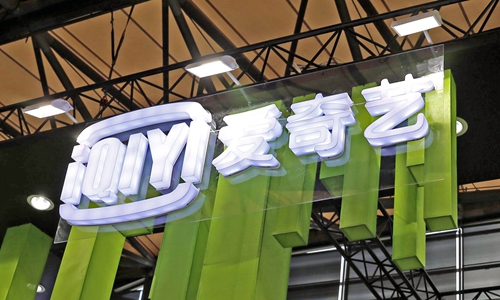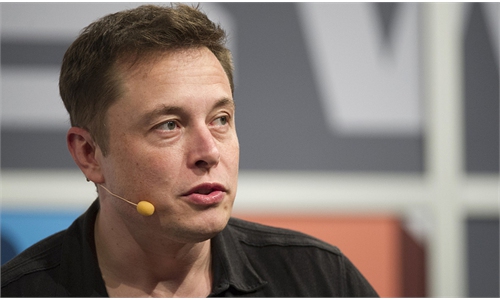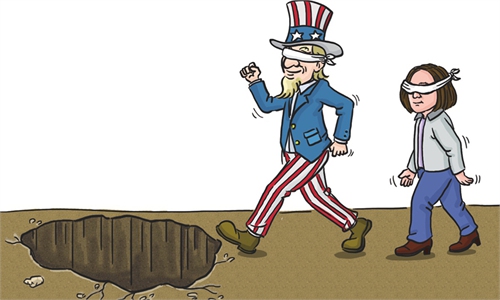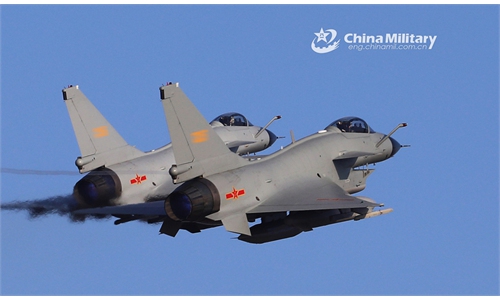Chinese mainland should keep ‘strategic focus’ despite token European politicians' visit Taiwan
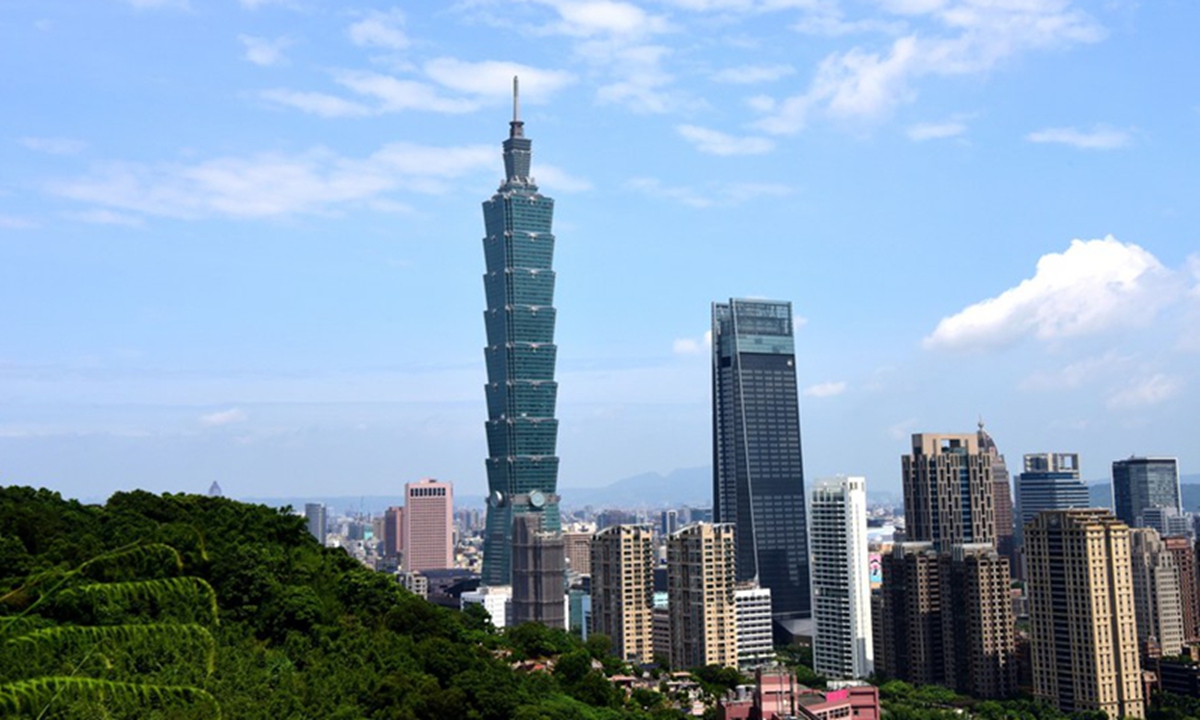
Photo taken on July 21, 2019 from Xiangshan Mountain shows the Taipei 101 skyscraper in Taipei, Southeast China's Taiwan. Photo: Xinhua
A 13-person delegation from the Special Committee on Foreign Interference in all Democratic Processes (INGE) of the European Parliament (EP) arrived in the island of Taiwan on Wednesday amid rising cross-Taiwan Straits tensions.
Chinese experts said the high-profile visit showed how Taiwan secessionists were inspired by symbolic support from the West, but also reflected their desperate struggle like a cornered beast.
The Chinese mainland needs to maintain its strategic focus and avoid putting much attention on these political clowns and giving them more incentives to perform when they actually have less impact than they let on, experts said.
Although a delegation led by the then-EP vice president Ryszard Czarnecki visited the island in October 2016, Taiwan media on Thursday hyped the tour as the first time for the EP to send a delegation to the island, and they said the delegation would meet with Taiwan's secessionist regional leader Tsai Ing-wen on Thursday. Issues on "identifying and defending against false message attacks," and "strengthening communication and exchanges between the two sides" are slated to be discussed.
The delegation was led by Committee Chair Raphael Glucksmann of France, along with politicians from Lithuania and the Czech Republic, two countries that tend to confront the Chinese mainland under US cover, as well as some parliamentarians from Austria, Greece and Italy. Glucksmann is on the sanctions list of the Chinese Foreign Ministry.
At a routine press briefing on Wednesday, the Chinese Foreign Ministry did not comment on the EP delegation's Taiwan tour.
On October 27, a spokesperson for the Chinese Mission to the EU said that the European Parliament is an official body of the EU. If its committee sends MEPs to visit Taiwan, that would seriously violate the EU's commitment to the One-China policy, damage China's core interest and undermine the healthy development of China-EU relations.
"We will make further reactions in accordance with the development of the situation."
Observers said China is showing more calm in the face of provocations. The absence of a strong statement from the Chinese mainland will make the Taiwan secessionists more nervous and extremely uncomfortable.
The EP delegation's visit is only symbolic to show support, Chang Ya-chung, a member of Taiwan's major opposition party, the KMT, and Sun Yat-sen School president in Taiwan, told the Global Times on Wednesday.
As discontent toward the DPP authority mounts on the island of Taiwan, Tsai is trying to create an anti-mainland atmosphere once again, passing its public policy failure to a political obstacle set by others, Chang said.
Since the start of 2021, the EP has adopted 12 pro-Taiwan resolutions, including the one adopted on October 20 on deepening the so-called political and economic ties with the island.
It doesn't matter how many resolutions the EP has passed, as they are nothing but proposals and an attitude from the so-called public representatives, Chang said.
Although the EP parliamentarians are positioned as public representatives, they do not represent the will of the people most of the time. And the consequences of their irresponsible words and deeds are often borne by the administrative units and people of Europe.
They say nice things with grandiose speeches, but do not take administrative responsibility, and the consequences are often borne by the administrative units, and by the people of Europe, Chang said.
"The mainland needs to maintain its strategic focus and not pay much attention to the performance of anti-China parliamentarians… There are more than 700 members of the European Parliament, and the mainland can also invite an official delegation and affirm the mainland's development," Chang said.
The expert said that the main work of Taiwan's so-called overseas officials is to woo local lawmakers, who can do favors for the island by initiating and voting for pro-Taiwan resolutions.
"They [Taiwan's overseas officials] know it's meaningless as their efforts cannot shake the one-China framework in the global community. But when the mainland cares about this matter too much, their efforts seemingly become very meaningful," Chang said.
Although the visit will unlikely achieve any tangible results between the EU and the island of Taiwan, some experts suggested that the mainland should be cautious.
Although the West and the island of Taiwan are far from the values they often talk about, they are constantly prodding the Chinese mainland, in line with Western opinion, to portray the mainland as an "anti-democracy, anti-human rights" stubborn power, a Beijing-based expert on Taiwan question told the Global Times on condition of anonymity.
The visit, in essence, is a lame roadshow by several European politicians in the name of democracy and to support Taiwan for their own interests. And the DPP authority cooperated with the show to create the illusion of an anti-mainland alliance, the expert said, noting that the DPP authority may offer these "political clowns" financial support in the name of academic research, and turn them into propaganda tools for Taiwan secessionism.
Provocations from the DPP authority have been encouraged by recent false signals from the US and the West, but it also reflects the Taiwan secessionists' anxiety and awkwardness. They feel that a rope of reunification is getting tighter and choking them, the expert said.

